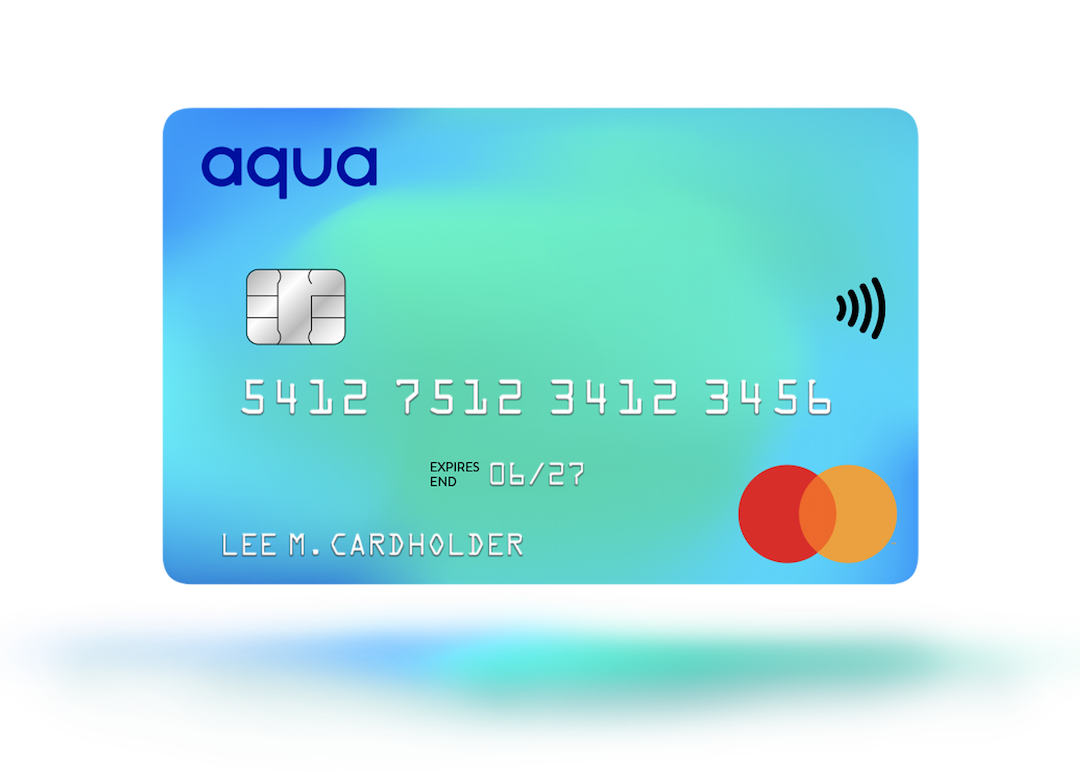In this article
How long does it take to improve your credit score?
Get tips and advice on how to improve your credit score.

Your credit score can have an impact on many aspects of your everyday live, from the obvious, such as mortgage and loan eligibility and the interest rates you’re offered, to the not so obvious, such as employment. If you’ve not yet had the chance to build up a credit score or you’re in a position where you’re now looking to improve yours - we explain how long it can take to improve your credit score, and the best steps to take to start building better credit today.
What is a credit score?
A credit score is a number calculated by credit reference agencies based on your financial history. Lenders look at it when you apply for loans, car finance, mortgages, or any other credit products to decide whether you qualify, and the level of interest they will charge if you do.
If you need to improve your credit score, there are actions you can take, like getting a credit card for bad credit to start demonstrating responsible borrowing behaviour. But what other options do you have, and how long will they take to have an effect on your credit score?
How long does it take to improve my credit score?
Depending on your unique financial situation, it can take anywhere from one month to a few years to improve your credit score. Improving your credit score isn’t something you can achieve overnight, but don’t let that dishearten you. Every credit score can be improved with a little commitment and perseverance.
How long it will take you to see improvement isn’t a fixed amount of time. It depends largely on these two factors:
- How bad your credit history is
- What action you’re taking to improve it
What factors can impact improving your credit score?
No credit history
If you’re starting from scratch with no credit history whatsoever, your first port of call might be to apply for a credit card or take out some form of credit. If you don’t have any borrowing history, you can’t show lenders you’re reliable and able to manage debt well, so you won’t be able to build your credit score. Paying your bills on time and in full each month should get your credit score moving in the right direction almost immediately, but it can take months or even years to build an excellent score, so be patient and stick with it.
Missing payments
Keeping on top of your payments and staying within your credit limit demonstrates to lenders that you’re a responsible borrower, capable of managing debt effectively - missing payments signals the opposite.
A missed payment will appear on your credit report , however the effect it has on your credit score lessens as time goes on. This is because lenders place more importance on your most recent credit history.
If there’s a good reason why you were late to pay your bill, such as redundancy, you can ask the credit reference agencies to add a ‘notice of correction’ to your credit report. This is a short paragraph, around 200 words, that is added to individual items on your report, and allows you to explain why the particular item is not reflective of your general approach to managing your money. The lenders have a legal obligation to read it when considering your application for credit, although it may not influence their decision.
Not registering to vote
Signing up to the electoral register makes it quicker and easier for lenders to verify your identity and make sure you have a stable address, which can strengthen your credit score. Signing up is quick and easy, and you don’t even need to vote if you don’t want to.
High credit utilisation
Expressed as a percentage, credit utilisation looks at how much credit you have access to compared to how much you are actually using. If you have a £1,000 credit limit and are using £100, then your utilisation is 10%. You should aim to keep this figure below 25% as the higher it is, the more dependent on credit you appear to be, which signals to credit reference agencies that you may have difficulty making further credit payments comfortably.
If your credit utilisation is high, you should aim to reduce your debt as much as you can. How fast you see an improvement in your credit score depends on how much you pay off, how quickly you do it, and how fast reference agency records are updated. It can take 4-6 weeks for new account information to show up on your credit file. Generally, you can expect to see a change in your score within one month if have made a significant improvement to your credit utilisation.
Making lots of applications within a short time frame
Keep credit applications . Making multiple applications in a short period of time can make it look as though you may be having trouble with your finances and struggling to keep up with your outgoings. If you’re declined credit, always investigate the reason before your next application. This will give you a chance to rectify any mistakes on your credit file or improve factors that may be holding you back, such as high credit utilisation.
Whether your application is accepted or rejected, a hard inquiry will stay on your credit report for up to two years, but it shouldn’t affect your credit score for more than a year. In most cases, it will only impact your score for a couple of months.
Bankruptcy and CCJs
Lenders can issue CCJs (County Court Judgements) if they think you won’t be able to pay back the money you owe them, if the court agrees, they will tell you that you must repay them.
Declaring bankruptcy or having a County Court Judgement made against you will significantly lower your credit score for a substantial amount of time. A County Court Judgement can negatively affect your ability to get credit for up to six years, even if you pay it off during this time. After six years, it will no longer appear on your credit file, even if you didn’t pay it all off. Bankruptcy can impact your credit score for up to ten years, depending on which type of bankruptcy you file for.
Best ways to improve your credit score quickly
There are several ways to increase your credit score quickly, and with a little focused effort you could start to see your score climb.
- Pay off as much debt as you can - how much you owe can have a large impact on your score, so in paying as much as you can off, you are helping to show you have financial control. When you are back in a debt-free position, utilise your spending and payments strategically to demonstrate reliable payment behaviour.
- Ask to increase your credit limit - if you can’t pay off most of your debt immediately, request an increase in credit limit with your credit card lender, which in turn will decrease your utilisation. But be responsible with your new limit.
- Dispute any credit report errors - checking your credit report regularly is as vital as increasing your score! Errors such as current or previous addresses and payment changes can be disputed, which may result in a positive score impact when resolved.
- Stop holding yourself back – missing payments, going into unarranged overdraft, or high credit utilisation can all hinder your credit score improvement. To start growing that score, you need to stop all behaviour that is keeping your score down and start showing lenders you’re in control of your money. Set up direct debits for the minimum payment on all your cards. If you can’t make the minimum payment, call your bank or lender immediately and get a payment plan in place. Every month that goes by is an opportunity to build your score, whether that’s putting distance between where you are now and the last negative item on your record or getting the right stuff on your report. Remember, stay positive and keep going!
How Aqua Coach can help you keep track of your credit score
Aqua Coach is our free credit-building tool designed to help Aqua customers get better at credit management. Powered by TransUnion, Aqua Coach provides customers with detailed information on their credit score, what factors are having the biggest impact on it, and what areas they can improve on. If you have an Aqua card, be sure to sign up for Aqua Coach in the Aqua app and start building better credit today.
Representative 34.9% APR (variable) on Aqua Classic.
Visit our Credit Building Hub for more guidance on building credit and how to fix a bad credit history.
Failure to make payments on time or to stay within your credit limit means that you will pay additional charges and may make obtaining credit in the future more expensive and difficult.
Contributors

Jide Davies
Jide is Head of New Lending at Aqua.

Vanessa Stewart
Vanessa is an editor at Aqua.
You might also like
Slide 1 of 3
Top credit-building tips for graduates
Get off to the right start in life with these credit building tips for graduates.
Sharvan Selvam

Advantages of using a credit card
From spreading costs to building credit history, learn the benefits of credit cards when used responsibly.
Vanessa Stewart

How to keep your credit healthy
Get actionable tips on keeping your credit rating healthy and avoid the pitfalls of bad credit.
Victoria Smith
The smart way to build better credit
Aqua is the credit card that gives you the power to improve your credit score
